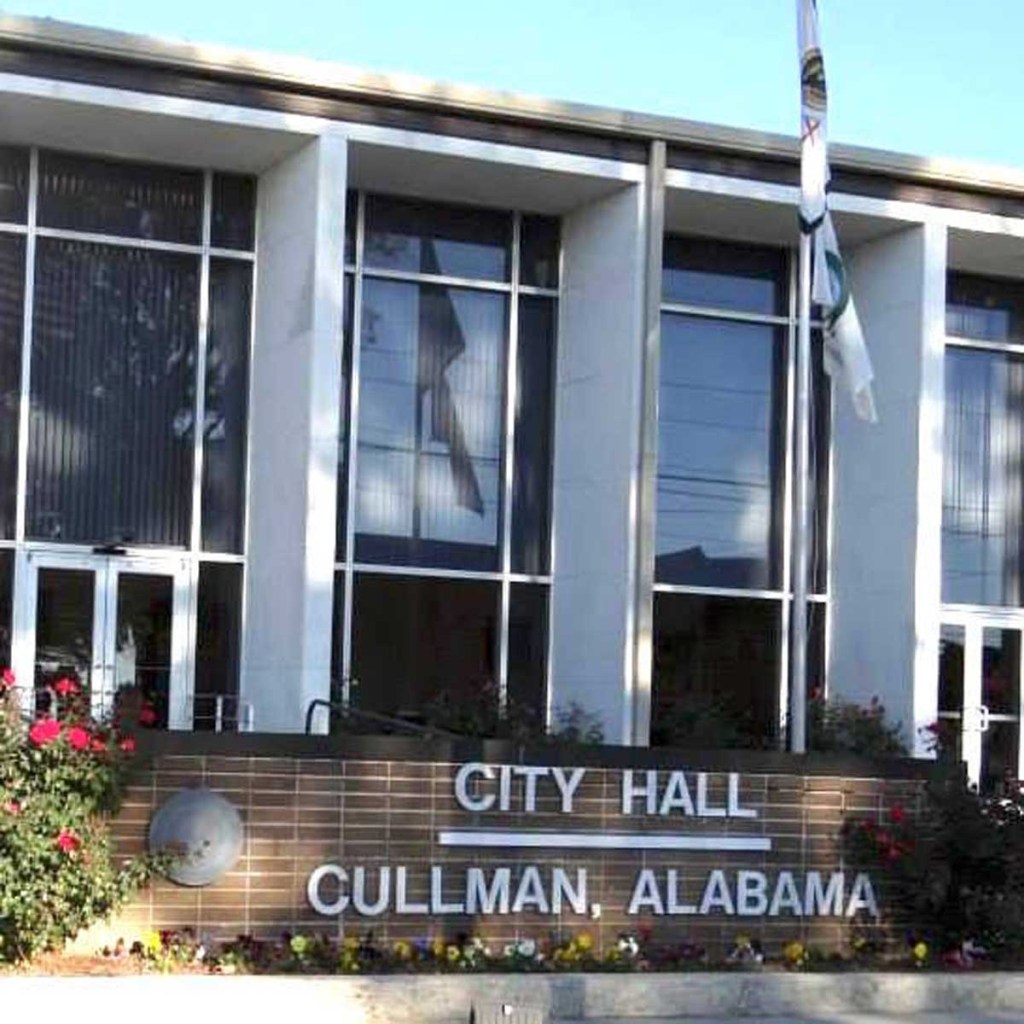Cullman to proclaim Trafficking Free Zone
Published 5:45 am Tuesday, December 10, 2019

- Cullman City Hall
The city of Cullman will be the first city outside of Jefferson County to become a “Trafficking Free Zone.”
The designation means city employees will be trained to spot the signs of human trafficking and will adopt a zero-tolerance policy regarding purchasing commercial sex at work. The measure was met with applause by spectators at the city council meeting Monday night.
The “Trafficking Free Zone” proclamation will be presented at a later date by Mayor Woody Jacobs, who was not able to attend the council meeting.
The Trafficking Free Zone is a nation-wide program of the U.S. Institute Against Human Trafficking and local anti-trafficking coalition, the Child Trafficking Solutions Project, an initiative of the Children’s Policy Council and the Jefferson Family Court.
Kathy Wilson, chair of the Cullman County Human Trafficking Task Force, and Jordan Giddens, community engagement coordinator for the Child Trafficking Solutions Project, made the presentation to the council.
“We have a fantastic quality of life here in Cullman and becoming a Trafficking Free Zone is only going to increase that quality,” said Wilson.
The initiative to sign cities up to become Trafficking Free Zones comes in advance of the World Games coming to Birmingham in 2021.
“We have an estimated $110 million commercial sex industry in Birmingham alone,” said Giddens. “There are an estimated 2,600 children for sale in Birmingham with 122,000 sex ads placed on line, 80,000 of which of which were in the 18 to 25 year old range. This issue is pervasive and one that really affects Alabama as we are at the epicenter of two of the nation’s largest ‘Sex Superhighways,’ I-20 and I-65.”
Training is a key part of the initiative, as only 15 percent of law enforcement are currently trained in human trafficking, he said.
“That’s also going to send a message to your community that we take this issue seriously. We realize how serious it is and we want to protect our children and our community.”
The U.S. National Human Trafficking Hotline reported 25 increase in reported cases from 2017 to 2018 with 10,949 cases reported and 23,078 victims identified. In Alabama for 2018, there were 89 cases reported, with 255 people reaching out to the hotline to report suspected trafficking.
The increase in numbers may also reflect the increase in awareness of human trafficking, according to Alabama Fusion Center, created in 2011 by the state as part of the Department of Homeland Security. Among its activities, the center provides training to law enforcement about human trafficking.


